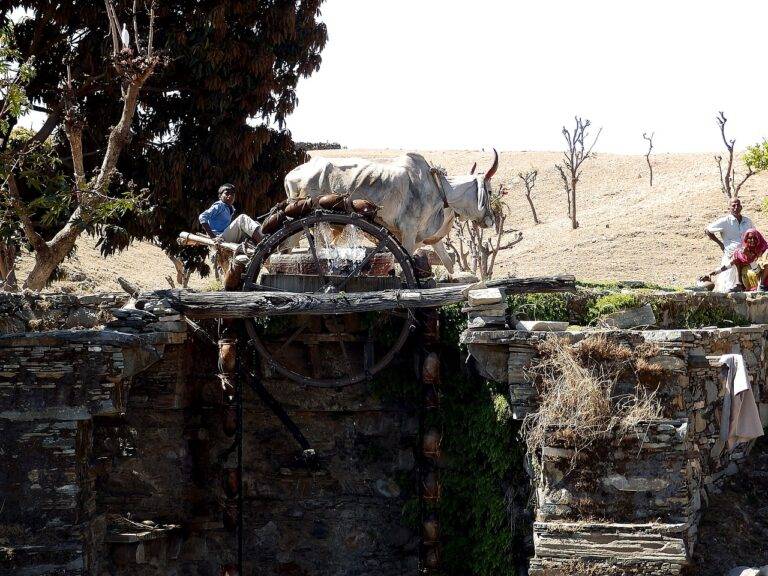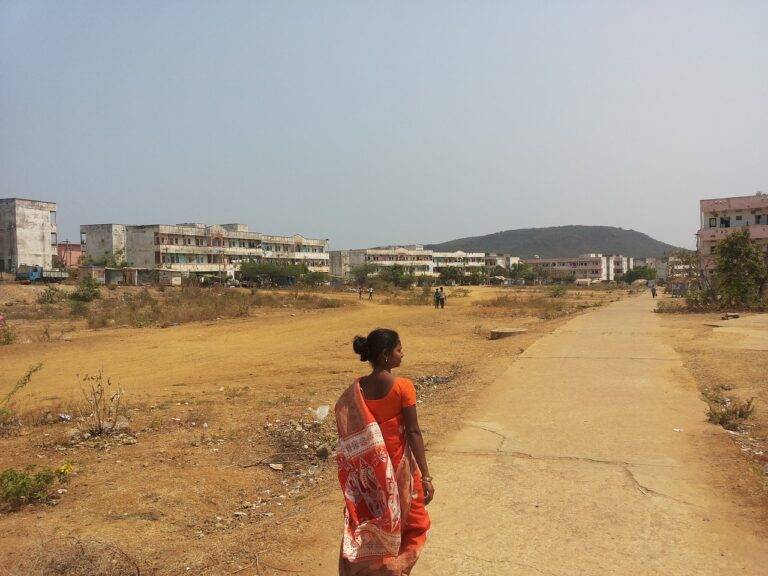How to Create a PAC Annual Report: Silver exchange, Goldenexch login, Betbook247.com login
silver exchange, goldenexch login, betbook247.com login: When it comes to urban development, various stakeholders play a crucial role in shaping the growth and transformation of cities. Among these stakeholders, Political Action Committees (PACs) play a significant role in influencing decision-making processes and policies that drive urban development. In this blog post, we will explore the role of PACs in urban development and how their activities impact the growth and sustainability of our cities.
Urban Development and PACs: A Complex Relationship
Urban development encompasses a wide range of activities, including infrastructure development, housing projects, transportation systems, and economic revitalization efforts. These initiatives are often funded by a mix of public and private sector investments, with PACs playing a key role in influencing the allocation of resources and the implementation of policies that shape urban landscapes.
PACs are formed by interest groups, corporations, labor unions, and other organizations to advocate for specific policy goals and support political candidates who align with their interests. These organizations raise funds to support candidates through donations and other forms of political engagement, such as organizing grassroots campaigns and lobbying efforts.
In the context of urban development, PACs can influence decision-making processes at the local, state, and federal levels by supporting candidates who prioritize issues related to infrastructure, affordable housing, public transportation, and environmental sustainability. PACs can also advocate for policies that promote economic growth, job creation, and social equity within urban areas.
The Role of PACs in Shaping Urban Policies
PACs can influence urban development policies in various ways, including:
1. Campaign Contributions: PACs can financially support political candidates who are in favor of policies that promote urban development. By donating to candidates’ campaigns, PACs can help influence the agenda and priorities of policymakers.
2. Lobbying Efforts: PACs can engage in lobbying activities to advocate for specific policies that align with their interests. By meeting with lawmakers, organizing events, and mobilizing supporters, PACs can exert influence on the decision-making process.
3. Grassroots Campaigns: PACs can mobilize grassroots support to build momentum for urban development initiatives. By engaging with community members, organizing rallies, and raising awareness about key issues, PACs can shape public opinion and influence policymakers.
4. Policy Research and Analysis: PACs can commission research studies and policy analyses to support their advocacy efforts. By providing data-driven insights and recommendations, PACs can inform policymakers about the potential impacts of urban development policies.
5. Coalition Building: PACs can collaborate with other organizations, advocacy groups, and stakeholders to build coalitions around key urban development issues. By forming alliances and working together towards common goals, PACs can amplify their impact and influence policy outcomes.
The Impact of PACs on Urban Development
The influence of PACs on urban development can have both positive and negative implications. On the one hand, PACs can help advance critical urban development initiatives, such as affordable housing programs, transportation infrastructure projects, and sustainability efforts. By supporting candidates who champion these causes, PACs can contribute to the overall well-being and prosperity of urban communities.
On the other hand, PACs can also prioritize their own interests over the needs of the broader public, leading to policies that may not necessarily benefit all residents. PACs with deep pockets and significant resources can outsize influence on decision-making processes, potentially skewing priorities and resource allocations in favor of specific groups or industries.
FAQs
Q: How do PACs raise funds to support urban development initiatives?
A: PACs raise funds through donations from individuals, corporations, labor unions, and other organizations. These funds are used to support political candidates, finance lobbying efforts, and organize grassroots campaigns around key urban development issues.
Q: Are PACs required to disclose their donors and expenditures?
A: Yes, PACs are required to file regular reports with the Federal Election Commission (FEC) detailing their donors and expenditures. This transparency helps ensure accountability and integrity in the political process.
Q: Can PACs support candidates from different political parties?
A: Yes, PACs can support candidates from both major political parties, as well as independent candidates. PACs typically align with candidates who share their policy goals and priorities, regardless of party affiliation.
In conclusion, PACs play a significant role in shaping urban development policies and initiatives through their advocacy efforts, campaign contributions, and lobbying activities. While PACs can help advance important urban development initiatives, it is essential to ensure transparency, accountability, and equity in their engagement with policymakers and the public. By understanding the role of PACs in urban development, we can work towards creating more inclusive and sustainable cities for all residents.







